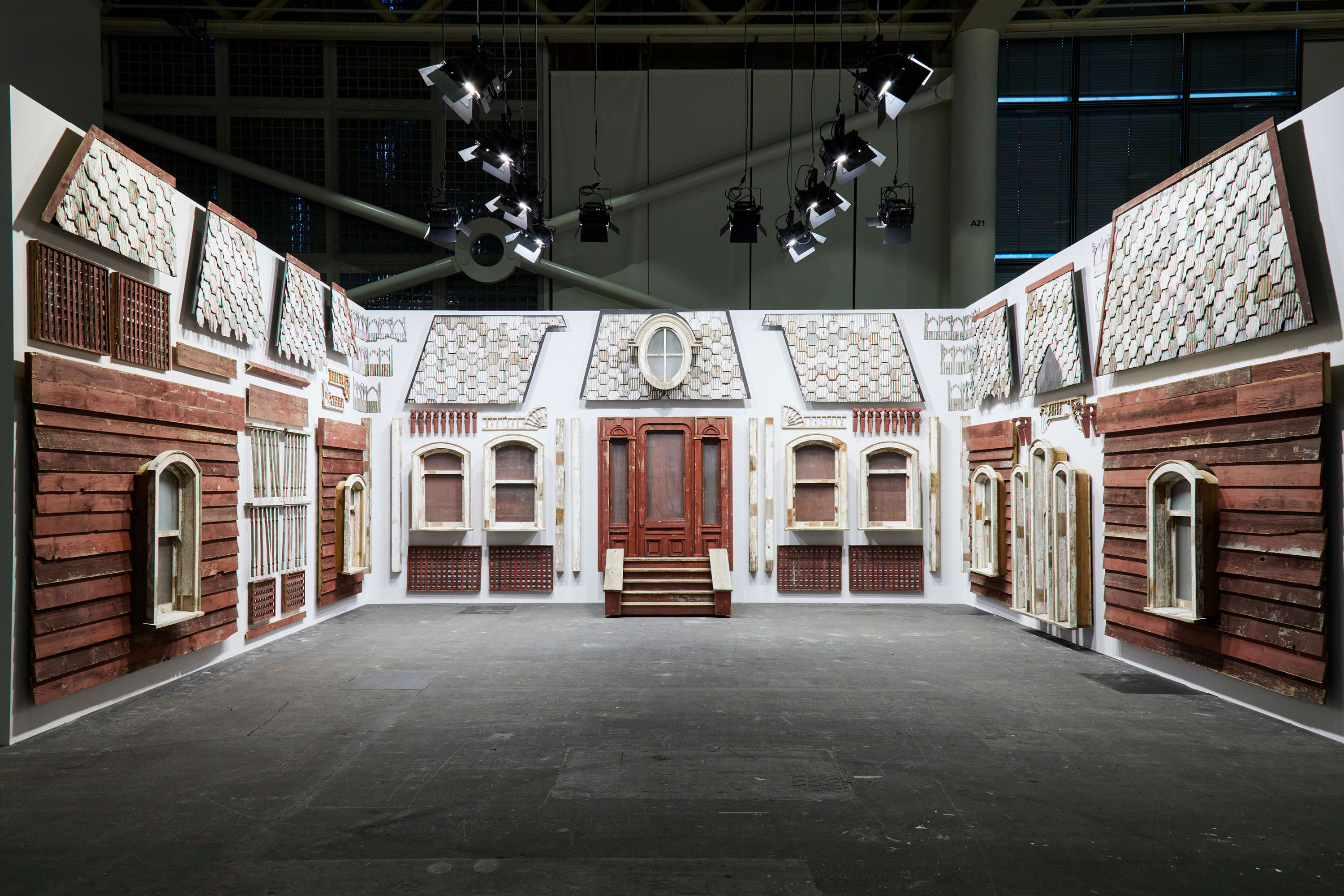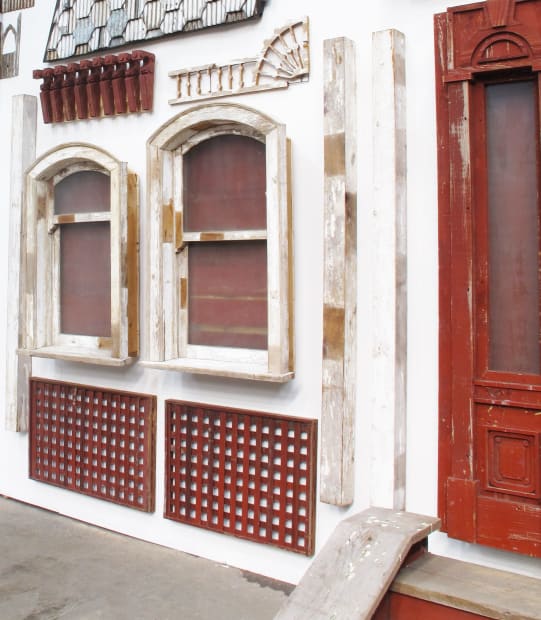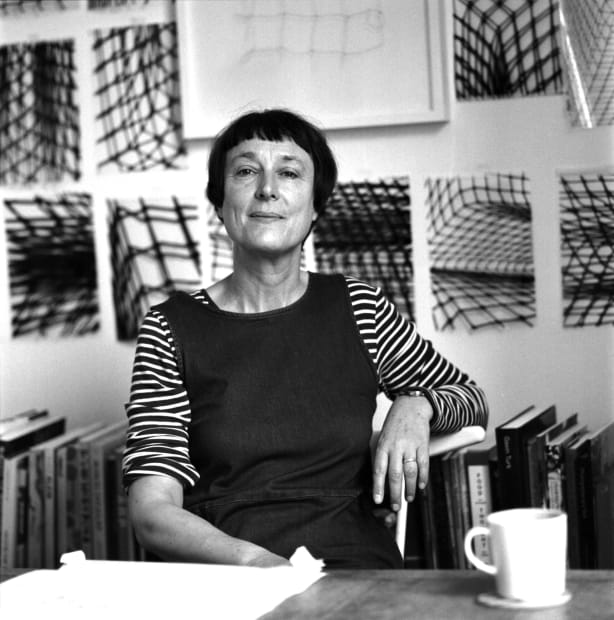-
-

PsychoBarn (Cut Up), 2023
detailMixed Media
Dimensions variable
As exhibited at Art Basel Unlimited 2023, composed of three walls 400 x 800 cm (each) -

-

-

-
'Very often the formal arrangement of a work is dictated by what has happened to the objects.'
-

-
-
-

-

-

-

-
-

-
Deconstruction of the barn in Schoharie, New York, 2016. Photographs by Alex Fradkin.
Installation view of The Roof Garden Commission: Cornelia Parker, Transitional Object (PsychoBarn) at The Metropolitan Museum of Art, 2016. Photography by Hyla Skopitz, The Photograph Studio, The Metropolitan Museum of Art. Copyright 2016. Courtesy the Artist and The Metropolitan Museum of Art.
Cornelia Parker: PsychoBarn (Cut Up): Art Basel Unlimited
Past viewing_room









